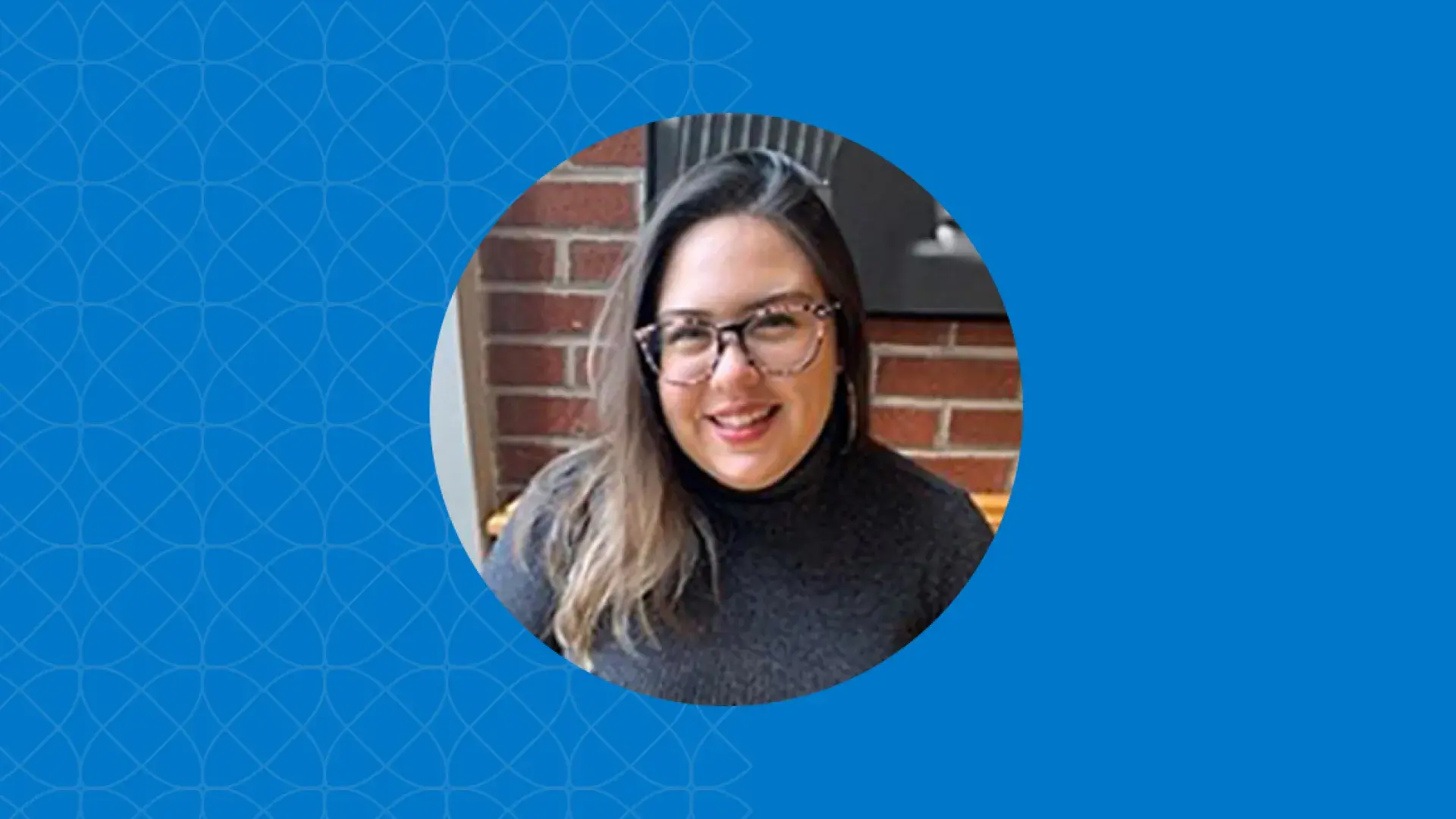
For Kaitlyn Trevino (she/her/hers), a first-year Master’s of Nursing student, it is impossible to separate her goal to be an adult-gerontology acute care nurse practitioner with her LGBTQIA+ identity as a cis-gendered lesbian. The San Francisco native shares her thoughts on the importance of representation and supporting LGBQIA+ identifying patients as the world celebrates Pride Month in June.
IHP: How did being a LGBTQIA+ individual influence your desire to pursue nursing?
Trevino: What I’ve learned is that LGBTQIA+ folks, especially those of color, remain marginalized in so many aspects of society. We see this in anti-trans bills, the use of religion to discriminate against LGBTQIA individuals, and now the limiting of reproductive rights. So, it is personally very important to me that, as a provider, I am opening the door to all patients, meeting my patients where they are at, and ensuring they are getting the personalized care that they need and deserve.
IHP: How can LGBTQIA+ representation in health care benefit LGBTQIA+ patients?
Trevino: We know that patients who identify as LGBTQIA+ already face stigma and discrimination in health care, and as a result, have poorer health outcomes. LGBTQIA+ identifying patients are more likely to commit suicide, less likely to get preventative care, and are more likely to live with anxiety and depression. Much of this is because LGBTQIA+ folks often feel dismissed and discriminated against in the healthcare setting, making them less likely to follow up on health issues. To change this, we need more LGBTQIA+ identifying providers in healthcare – not to mention allies who are committed to actively dismantling these discriminatory practices – to help meet patients where they are at. Representation helps LGBTQIA+ patients feel seen and improve their quality of care. Providers then develop better rapport with their patients, closing the health disparities gap.
IHP: What do you see as the biggest LGBTQIA+ issue in health care right now?
Trevino: Right now, we are in a severe mental health crisis, and LGBTQIA+ identifying folks, particularly adolescents, are in desperate need of help. This issue was only exacerbated by the pandemic. We often see limited beds, and long waits that last anywhere from a few days to many weeks. Furthermore, mental health patients are coming in and out of the hospital without adequate, quality mental health care. While this is an issue for all patients, for LGBQIA+ identifying patients it‘s even more urgent because of the high rate of mental illness already found within that community. With limited resources in the mental health care field in general, there is simply not enough support for LGBTQIA+ identifying folks all around.
IHP: How can nursing play a role in supporting LGBQIA+ identifying patients?
Trevino: What I love about nursing is the fact that we work actively and deliberately to treat the whole person, not just the problem. That means looking at how their identity, race, gender, age, socioeconomic status, language, etc. all of which affects their well-being and their access to care.
I have a lot of privilege as a cis-gendered, LGBTQIA+ person who doesn’t necessarily “look gay,” but even I have had microaggressions committed against me in the healthcare system. I have found that providers were dismissive of my sexuality and did not see how it affects not only my physical health but also my psychological health. They tried to ignore a part of me that was so vital to my experiences. As a future NP, I want to be able to treat my patients knowing that their identity inextricably intertwined with affects their experiences of the world and how they can be healthy.
IHP: What got you into nursing?
Trevino: I received my BA in Political Science at UC Berkeley, hoping to work in health policy and access, particularly for reproductive and LGBTQIA+ health care. Based on my experiences, I knew there was a need to address health care access nationwide. Yet, during a few internships, I found myself more interested in hearing from patients and their healthcare stories, rather than the policies we were aiming to implement.
Those experiences showed me that I wanted to work in the patient care side of things, not so much the policy side. After college, I worked at University of California San Francisco’s Cancer Center and really grew to love working with patients throughout their cancer journey, which solidified my desire to be a nurse practitioner. Nursing, to me, satisfies my need and desire to help people and work directly on improving their health care.
IHP: What do you hope to do after graduation?
Trevino: I hope to work with acute oncology patients or in an ICU setting. I plan to work as RN for a few years to develop those vital skills before being a provider in an acute setting. I am also interested in palliative care and helping alleviate pain for all patients, especially cancer patients. I am also determined to go back into policy at some point and help advocate for the healthcare changes that continue to reduce the gap to access quality, culturally sensitive care.
